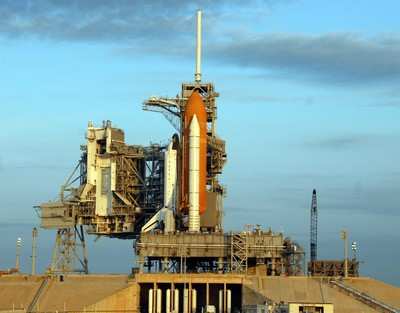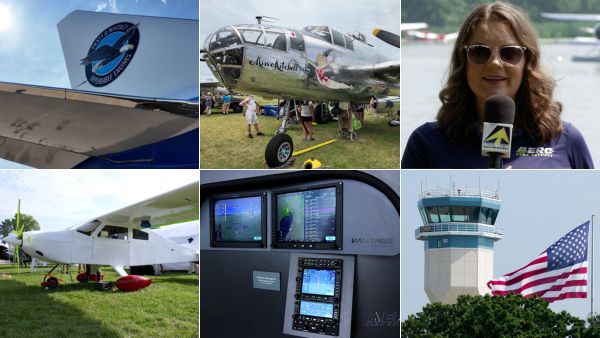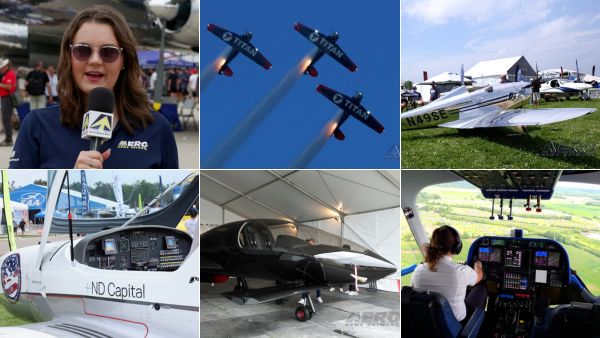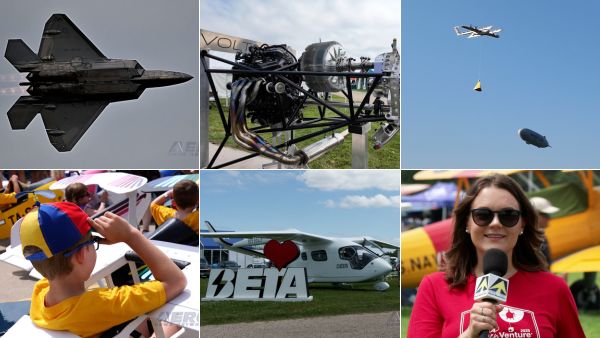Thu, Apr 28, 2011
Full HD Images Will Improve Medical Documentation, Facilitate
Station Operation And Maintenance
The U.S. space shuttle Endeavour, scheduled for launch on April
29 will transport a new HD video camera to the International Space
Station (ISS). The first full HD video camera, designed and built
by Astrium for the ISS on behalf of ESA, was delivered in eight
months. At the end of 2010, a fully qualified and tested prototype
of the High Definition Video Camera Assembly (HD-VCA), including
the interface unit, was delivered by ESA/Astrium to NASA for upload
with this so called mission ULF-6 56 (Utilization and Logistics
Flight). The camera has a design life of ten years and is intended
to replace one of the existing system cameras on board the Columbus
module.

There are a multitude of possible uses for high-quality moving
images from on board the ISS that remain crisp and sharp even on
large displays or projection screens. They can provide doctors with
high-resolution documentation for detailed case histories or can
serve as a precision tool for specialists who need to analyse
in-orbit hardware and processes when providing technical ground
support. Moreover it gives the general public on Earth genuine
insights into events in orbit. The product also has potential for
commercial exploitation: the HD camera could in future be set up to
film through a window while the astronauts are asleep, enabling it
to transmit live images of Earth back to the ground station.
To achieve the very short time to orbit for the HD-VCA project,
Astrium processed multiple aspects of each phase in parallel, from
development through to testing, qualification, and the work on
prototype devices. Close cooperation was maintained with ESA
throughout. The specifications for the HD video camera for the ISS
included employing as many off-the-shelf components as possible,
while at the same time limiting or preferably avoiding the risks
associated with the use of such components in space. Astrium's
solution was the HD-VCA Box which fits underneath the actual HD
camcorder. It serves as an interface enabling the HD camera to
operate on power supplied by the Columbus laboratory's on-board
network, and also converts the data recorded by the HD camera into
a format that the systems on-board Columbus can read, process and
downlink.
More News
Also: New Lakeland Fly-in!, Gleim's DPE, MOSAIC! Nearly three-quarters of a century in the making, EAA is excited about the future… especially with the potential of a MOSAIC>[...]
Estimated (EST) -When used in NOTAMs “EST” is a contraction that is used by the issuing authority only when the condition is expected to return to service prior to the >[...]
Aero Linx: Regional Airline Association (RAA) Regional airlines provide critical links connecting communities throughout North America to the national and international air transpo>[...]
The Airplane Broke Up In Flight And Descended To The Ground. The Debris Path Extended For About 1,435 Ft. Analysis: The pilot, who was the owner and builder of the experimental, am>[...]
From 2015 (YouTube version): History Comes Alive Thanks to A Magnificent CAF Effort The story of the Douglas C-47 named, “That’s all Brother,” is fascinating from>[...]
 Airborne 07.21.25: Nighthawk!, Hartzell Expands, Deltahawk 350HP!
Airborne 07.21.25: Nighthawk!, Hartzell Expands, Deltahawk 350HP! ANN's Daily Aero-Term (07.27.25): Estimated (EST)
ANN's Daily Aero-Term (07.27.25): Estimated (EST) ANN's Daily Aero-Linx (07.27.25)
ANN's Daily Aero-Linx (07.27.25) NTSB Final Report: Luce Buttercup
NTSB Final Report: Luce Buttercup Classic Aero-TV: 'That's All Brother'-Restoring a True Piece of Military History
Classic Aero-TV: 'That's All Brother'-Restoring a True Piece of Military History



